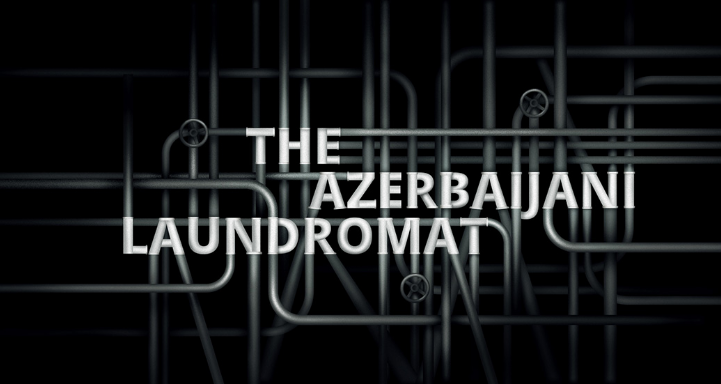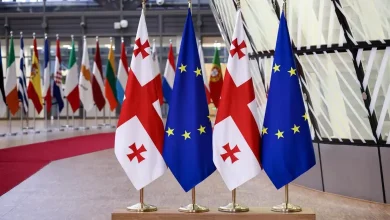Transparency International calls for investigation into Azerbaijani money laundering case

Transparency International, the global anti-corruption organisation, is calling for politicians, banks and businesses that helped to launder the reputation of Azerbaijan across Europe to be investigated and, if appropriate, for the perpetrators to be sanctioned.
The anti-corruption organisation will launch national and international advocacy campaigns targeted at strengthening anti-money laundering practices, identifying individual wrong-doing and calling for international organisations, including the Council of Europe, to investigate allegations of inappropriate behaviour and take corrective action.
This follows an investigation carried out by journalists in six countries (Czech Republic, Denmark, France, Germany, United Kingdom and United States) into a shady financial network that appears to have funnelled money from a US$2.9 billion Azeri slush fund to pay decision-makers and prominent individuals across Europe.
“It is shocking to see that some politicians at respected bodies like the Parliamentary Assembly of the Council of Europe are up for sale and are willing to turn a blind eye to corruption and human rights abuses for cash. They must be sanctioned and we will put pressure on the authorities to take action. The story does not end here,” said José Ugaz, Chair of Transparency International.
The investigation names, Danske Bank, a prominent bank in Denmark and specifically its branch in Estonia as the centre of the financial network. It also identifies four shell companies set up in the UK with secret offshore owners that received money from the slush fund. In addition, individuals and businesses are reported to have received payments from these companies in Germany and the UK.
The reports describe how politicians and consultants who received the money were in a position to influence decisions about Azerbaijan’s human rights record at the Parliamentary Assembly of the Council of Europe (PACE). The purpose of the payments appears to have been to limit the effects of damaging information regarding human rights and election fraud that would have brought the country into greater disrepute.
“These investigations show that even in countries where corruption risks are considered low like Denmark, which ranks at the top of Transparency International’s Corruption Perceptions Index, the regulatory bodies are still behind in enforce anti-money laundering legislation,” added Ugaz.
Transparency International, as part of a partnership with the Organised Crime and Corruption Reporting Project that broke the story, will pressure the appropriate authorities to ensure that any wrongdoing is both investigated and punished, and that regulatory loopholes are closed.








